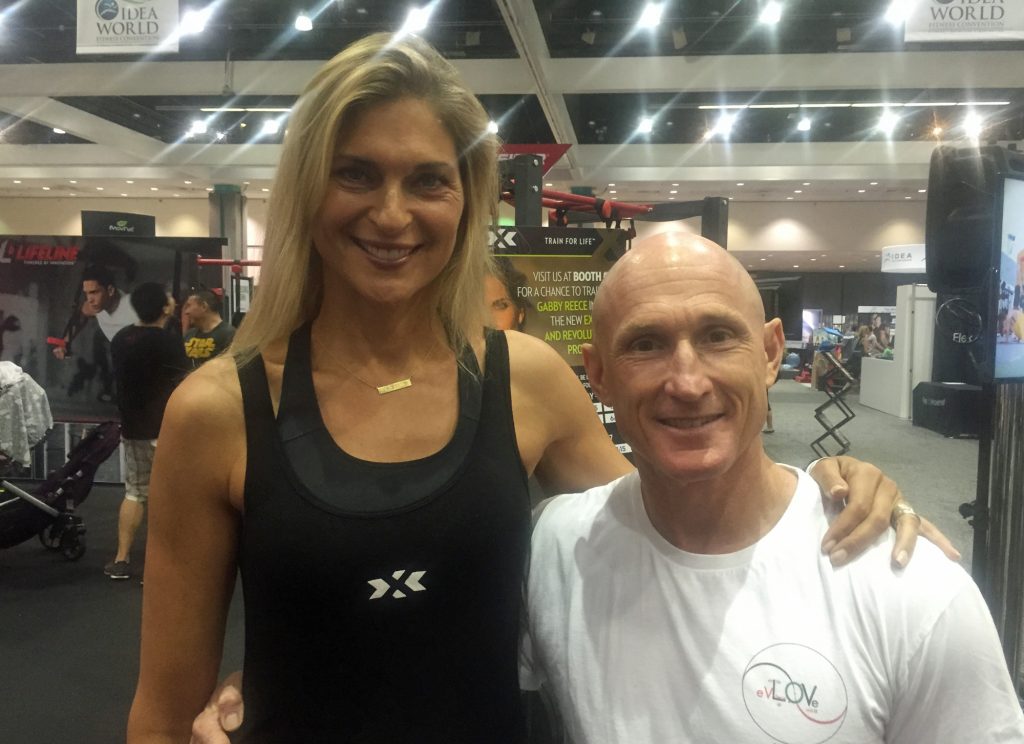Train Smart: Know When & When Not to Go All Out
My friend and fitness expert Paul Chek, who loves to kick people’s butt, used to always say, “No pain when you train.” What does that mean? How can you tell people as you’re trying to kill them that we are not going to have pain while we’re suffering?
I have since learned from Paul one of my most valuable lessons in exercise. Yes, you must be consistent and work hard to get results, but it’s all about each individual’s own reality. I’ll give you an example. Paul told me about this brilliant girl who was one of his certified trainers (it takes four years to become certified by the Chek institute) who came to him regarding her own exercise life. You know what Paul told her? Get good sleep, stretch, eat well for your type of system, drink a lot of water, and take long walks on the beach. Take long walks on the beach? This young lady was an accomplished athlete and a qualified trainer.
Aaaah… but Paul recognized something in her that happens to a lot of people when they are working out all the time or beginning to first work out. They are actually “overstressed,” and the exercise will eventually end up injuring them. Rather than alleviating stress, it will create more stress on the body and nervous system.
I’m not giving you an excuse to not get it done, but there is a correct sequence in which we arrive at success, which is not only to use exercise and food to look good, but TO FEEL GOOD.
If you’re fried and over-stressed, you are just heading for a brick wall if you add grinding physical routines on top of it.
So, before you get started or if you are already training and feel crappy, bummed, or lethargic a lot of the time, stop and take a personal inventory of how you are feeling. Examine all that’s going in your life at that particular moment.
Maybe it is more productive for the first month to just stretch, meditate, eat well, and drink enough water. Start there and then when you feel ready, you can begin to gradually increase the physical workload into your week. Even then, you shouldn’t come out like gangbusters, but with a progressive increase in time doing cardio and loading up on resistance-type exercises.
The other thing to be mindful of is if you are already training, you could be over-training and actually not getting the most of out of your workout. I know even from my own life that there is a time to really train hard and other times — if I’m tired, traveling, or have anything stressful going on in my personal or work life — that I just do recovery type workouts. Ones where I go in and get the blood flowing and the muscles firing and that’s it. I don’t try to load up, jack up my heart rate, or break down my muscles.
Paul’s idea is that you create a good base that is strong enough to eventually load a bunch of work safely onto. If you are putting the time into training, you want it to work in your favor. Plus, you don’t want your training to create an injury or make you feel so bad that you dread working out. So, with his female trainer friend, he thought let’s get her system calmed down and not so revved up and then add on the stress of training.
This may be one of the only times I talk about doing less to actually be able to do more and get better results. Remember, it is most important to train SMART.
Be Well, Gabby Reece
 Photo taken at the IDEA show July 2015, Los Angeles CA
Photo taken at the IDEA show July 2015, Los Angeles CA
Gabby Reece and Paul Check